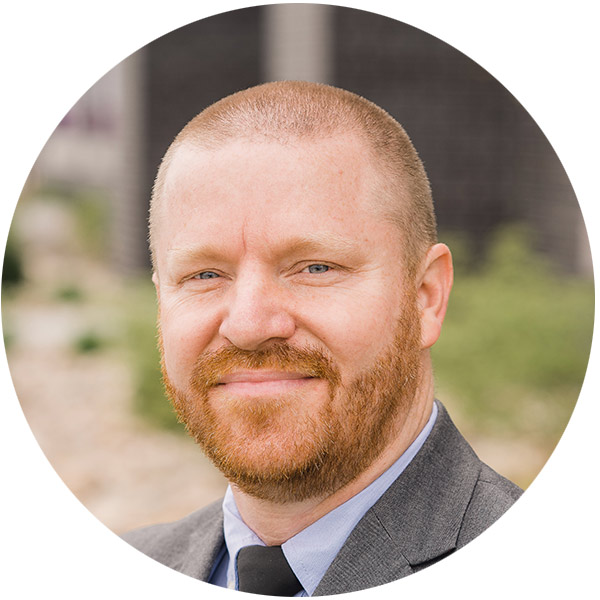As the June 28 primary elections in Utah draw closer, candidates hold town halls and run advertisements, political conversations ramp up online and in-person, and campaign yard signs inevitably start to populate the neighborhood. These forms of political speech are a normal part of our republic, and we’ve all come to expect them.
What you wouldn’t expect is someone showing up at your door informing you that a political sign on your own property is in violation of a local ordinance—merely because it’s put up too soon.
However, that’s apparently what happened to a resident in Morgan County, Utah recently—and yes—written into Morgan County’s code is a prohibition on placing campaign yard signs earlier than thirty days before an election.
This event triggers a number of questions. For example:
- Why did this particular resident get notified?
- Don’t yard signs just contribute to visual clutter?
- Are they even effective at helping a candidate?
- When is the best time to put up a political sign?
Ultimately, these sorts of questions are not useful because they ignore one issue: An ordinance that restricts when someone can put up a political sign on their own property violates the First Amendment’s right to free speech and is almost guaranteed to be found unconstitutional if challenged.
While some regulations on signs can be appropriate (such as those that prevent sign placement from blocking traffic visibility), concerns about visual clutter outside and the proximity to an election are not sufficient to override residents’ free speech rights.
After some research, it appears that other counties and cities in Utah have similar restrictions.
While it’s hard to imagine how these ordinances got enacted without objection from a city or county attorney, the remedy is simple. Counties and cities should act to remove these time-related clauses from their code, and in the meantime, cease attempts at enforcement.





